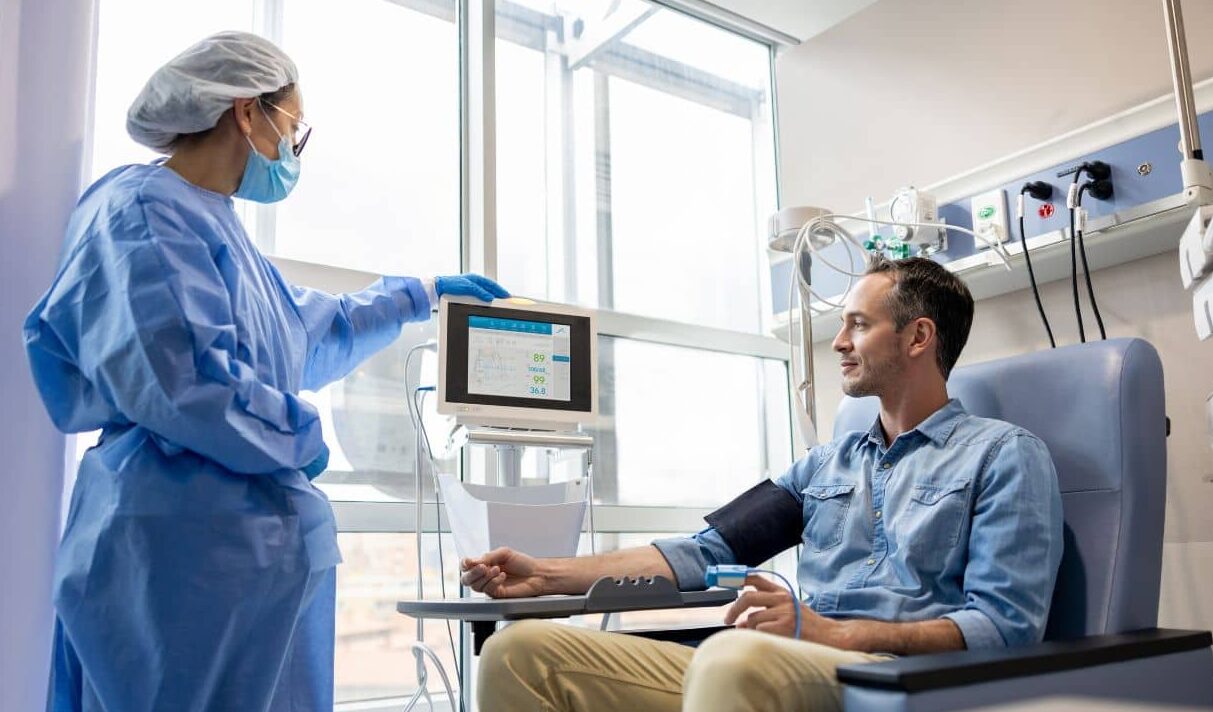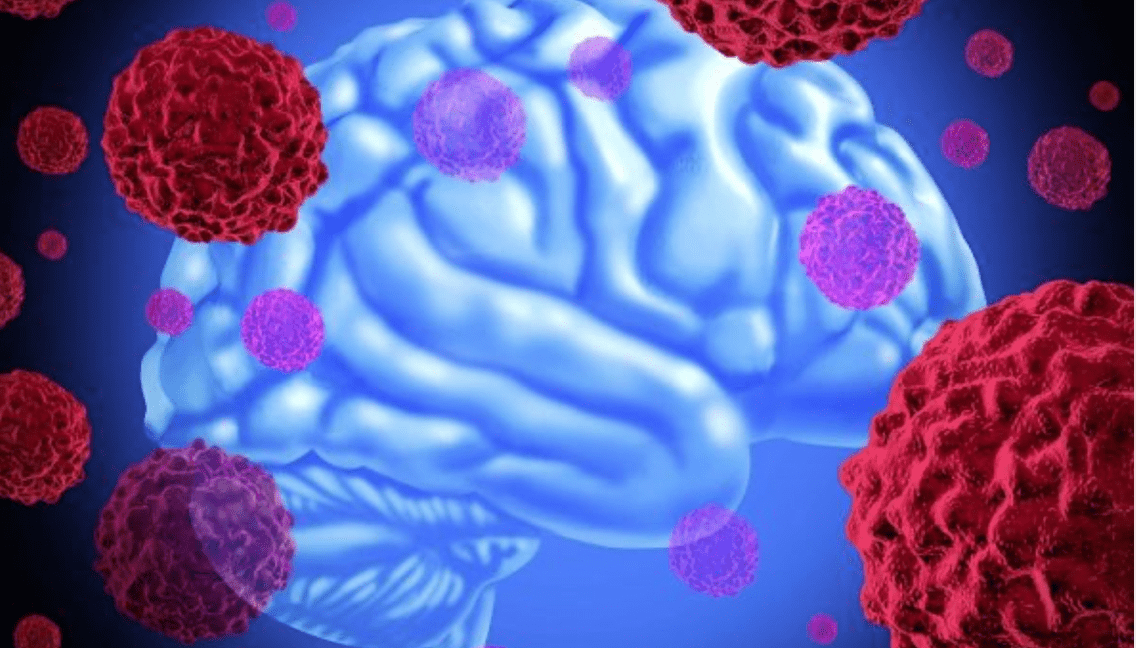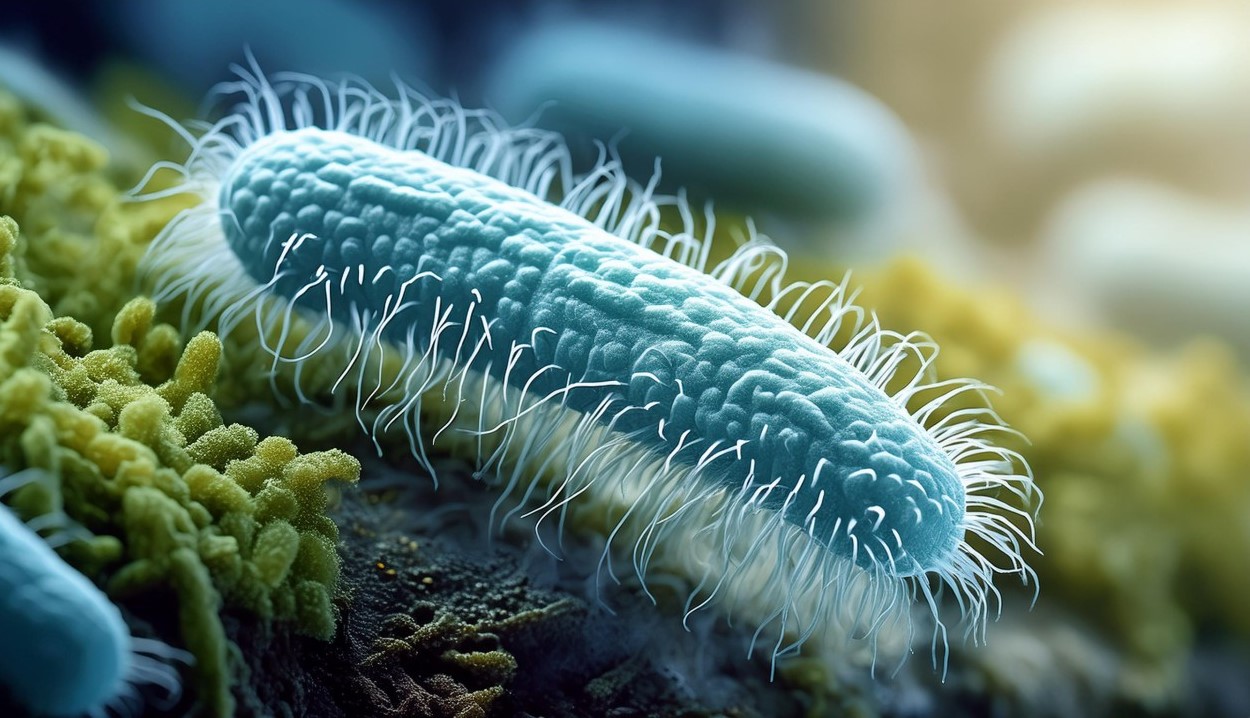-
 News
When glucose levels are low, chemotherapy ceases to affect cancer cells
News
When glucose levels are low, chemotherapy ceases to affect cancer cells
-
 News
Excessive treatment of prostate cancer in older men may reduce quality of life without increasing its duration
News
Excessive treatment of prostate cancer in older men may reduce quality of life without increasing its duration
-
 News
Brain cancer can be cured by viruses
News
Brain cancer can be cured by viruses
-
 News
Ways to reduce lymphatic pain in breast cancer have been found
News
Ways to reduce lymphatic pain in breast cancer have been found
-
 News
Scientists have turned bacteria into a powerful weapon against cancer
News
Scientists have turned bacteria into a powerful weapon against cancer
All news
Fibrocystic mastopathy treatment
Fibrocystic mastopathy — an actual problem faced by many women.
- It`s detected in 30-60% of females,
- It often occurs in 30-60 years.
Diagnostic methods: digital mammography, breast ultrasound, fine needle aspiration and biopsy.
Treatment: mainly drug therapy, in severe cases — needle aspiration biopsy or sectoral breast resection.
MedTour patients recommend clinics for the treatment of fibrocystic mastopathy:
Doctors for the treatment of fibrocystic mastopathy
 Oleksandr Horetskyi Jr.
physiotherapist, Naturopath
Admission fee:
To be clarified
Oleksandr Horetskyi Jr.
physiotherapist, Naturopath
Admission fee:
To be clarified
 Manuela Seifert
Oncologist, Mammologist, Gynecologist, Obstetrician gynecologist, Plastic and reconstructive surgeon, Oncological surgeon
Admission fee:
To be clarified
Manuela Seifert
Oncologist, Mammologist, Gynecologist, Obstetrician gynecologist, Plastic and reconstructive surgeon, Oncological surgeon
Admission fee:
To be clarified
 Mariia Shcherbak
Obstetrician gynecologist, Sex therapist
Admission fee:
To be clarified
Mariia Shcherbak
Obstetrician gynecologist, Sex therapist
Admission fee:
To be clarified
Frequently Asked Questions
Fibrocystic mastopathy (FM) — benign condition that is caused by hormonal imbalances and structural modifications in a woman’s breasts.
Mammary gland consists of glandular, connective and adipose tissue. Due to influence of hormonal variations, this or that gland tissue grows unevenly and enlarges in proportions.
FM develops in females of reproductive age and, as a rule, resolves with menopause.
One of the main causes of FM is considered an imbalance of sex hormones, which leads to alterations in structure and function of breast tissue.
High estrogen levels combined with low progesterone levels enhances probability of developing FM.
There are such risk factors for the development of FCM:
- Childbearing age,
- Eearlier (<11 years) or later (> 14 years) onset of menarche,
- Hereditary predisposition,
- Lack of childbirth, breastfeeding,
- Regular stress,
- Bad habits,
- Overweight,
- Diet inaccuracies.
Frequent symptoms:
- Discomfort and pain of breast:
- Often appear in the second half of cycle,
- Sometimes experienced as tingling or burning,
- With the first days of menstruation pain becomes aching, pull,
- Seals (lumps): often in the upper outer quadrants chest,
- Discharge from nipples: transparent, milky, yellowish, greenish, bloody,
- Swelling of the chest.
Symptoms often occur in both breasts.
Allocate form FM with a predominance of the following components:
- Glandular (10%) — proliferation of glandular breast tissue,
- Cystic (20%) — formation of many cysts filled with fluid,
- Fibrosus (30%) — increase of connective tissue,
- Mixed form (40%) — amid fibrous seals expand cysts.
Yes. Fibrocystic breast changes aren’t cancerous and don’t affect breastfeeding.
FM isn’t a malignant condition.
But 4% of females with fibrocystic mastopathy have an enlarged chance of developing breast cancer. It depends on the type of FM and can be clarified with a biopsy.
For adequate diagnosis FM specialized clinics developed a list of surveys that include:
- Inspection and palpation of breasts,
- Hormonal spectrum of blood,
Breast ultrasound and regional areas, - Digital mammography,
- Cytological examination of discharge from mammary gland.
Additional research methods:
- Contrast mammography,
- Biopsy;
The mainstay of treatment FM is the restoration of a hormonal imbalance. Treatment methods are based on the results of diagnostic tests that reveal changes in hormonal levels. Accordingly, drugs are prescribed to correct the hormonal background.
Medication under regular supervision of a specialist is often sufficient for small cysts.
In FM with predominance cystic components, but without signs of malignancy, a puncture aspiration biopsy of cyst is used, followed by sclerotherapy (contents of cyst are extracted with a special thin needle for further analysis).
In difficult cases with multiple cysts and intensive tissue proliferation, as well as when malignant cells appear, a sectoral resection of the mammary gland is performed (removal of a fragment of breast where the cysts are located).
FM has a favorable prognosis with timely diagnosis and proper treatment. However, in advanced cases, cysts can degenerate into cancerous tumors. Therefore, it’s important to consult a qualified mammologist if any symptoms occur.
Published:
Updated:






